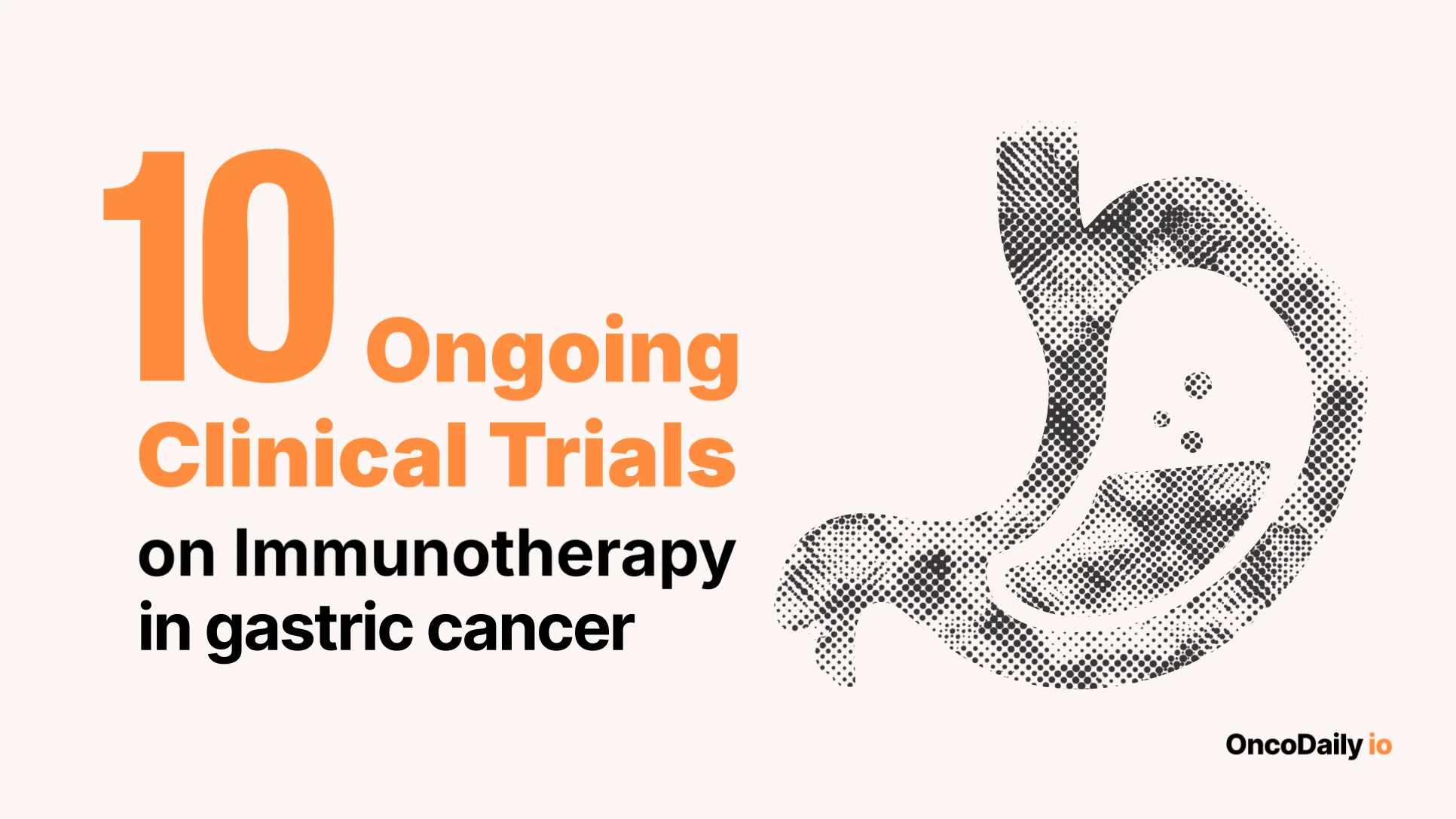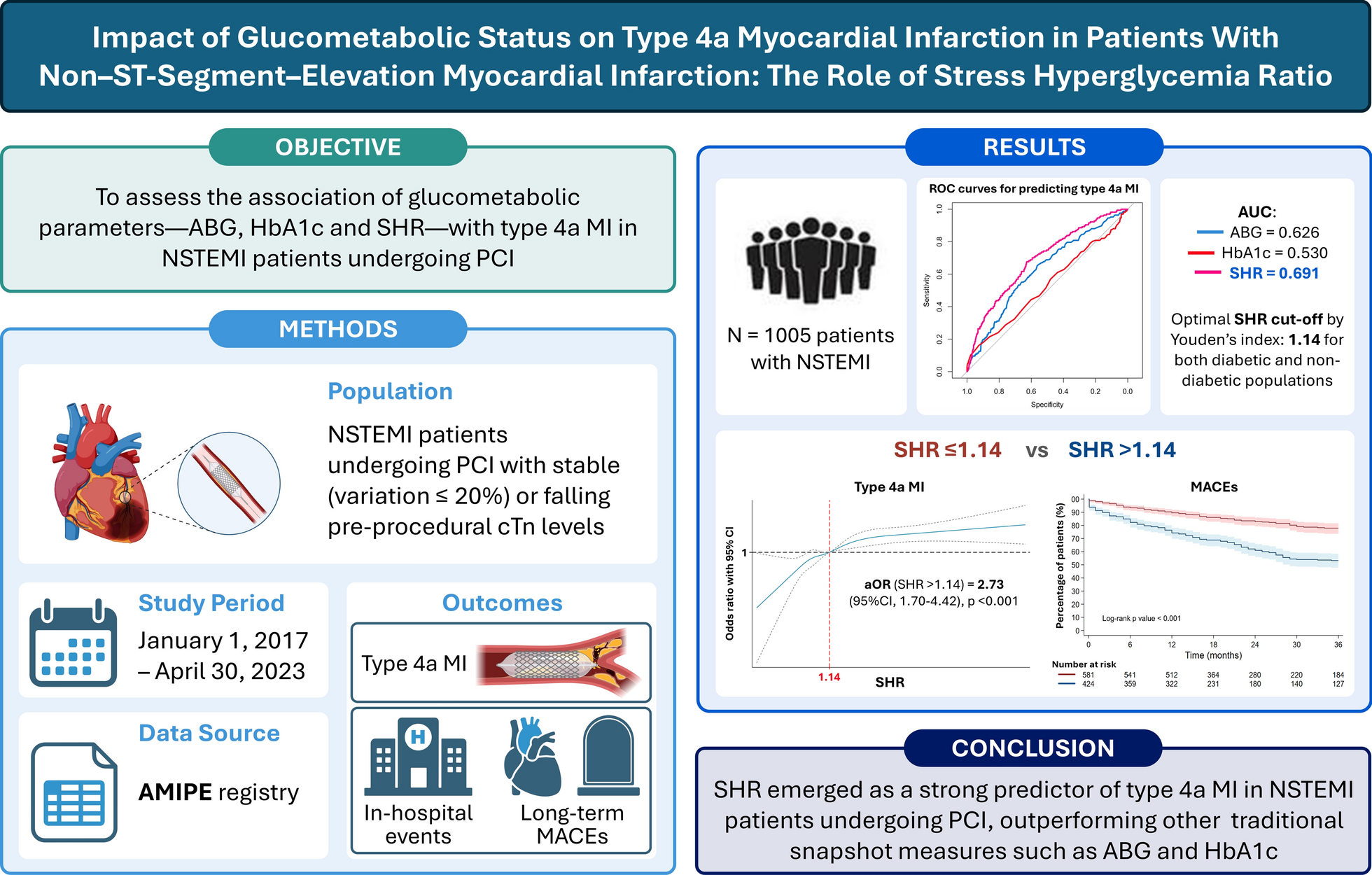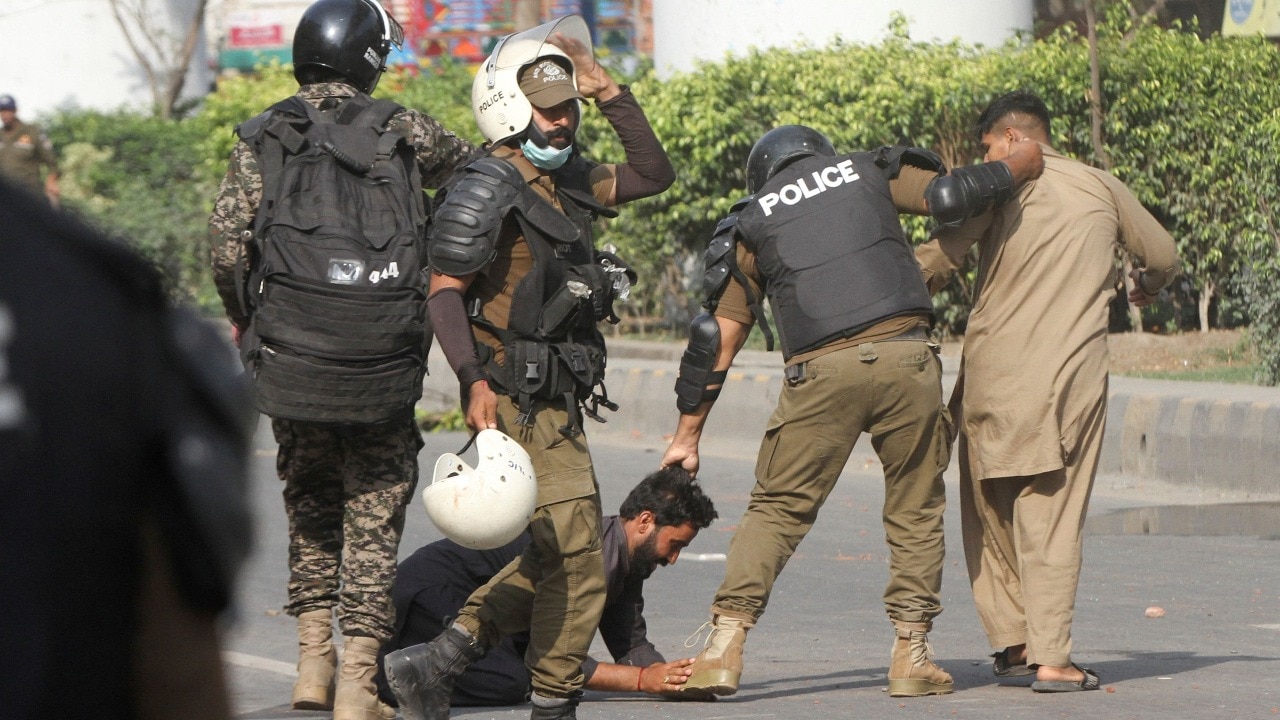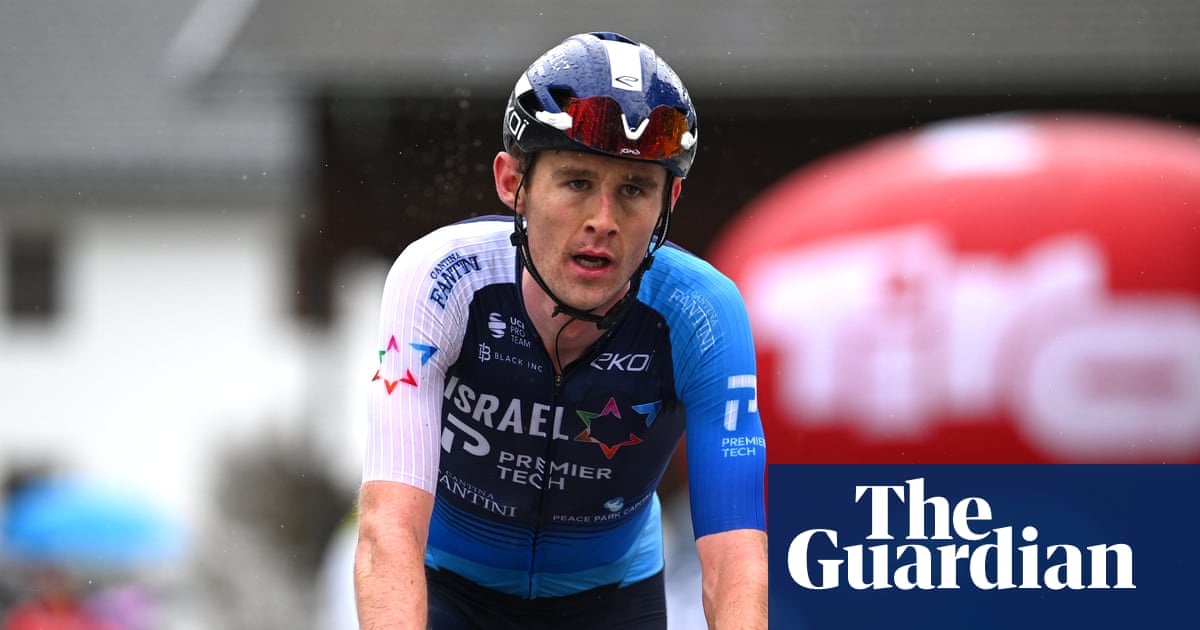Immunotherapy is rapidly transforming the treatment landscape of breast cancer—extending far beyond metastatic settings into neoadjuvant, adjuvant, and maintenance approaches. From adoptive cellular therapy with tumor-infiltrating lymphocytes (TILs) to immune checkpoint blockade combined with chemotherapy, radiotherapy, or targeted agents, research efforts are reshaping how triple-negative and HER2-negative disease are treated across all stages.
Across global centers—from Shanghai and Paris to New York and Amsterdam—innovative phase I–III trials are testing PD-1/PD-L1 inhibitors such as pembrolizumab, atezolizumab, tislelizumab, and adebrelimab, alongside novel agents like tiragolumab and TIGIT or CTLA-4 combinations. These studies aim not only to improve response and survival rates but also to uncover predictive biomarkers through advanced genomic and immune profiling.
Study on TIL for the Treatment of Advanced Breast Cancer
This early-phase, single-arm clinical trial sponsored by Shanghai Juncell Therapeutics is evaluating autologous tumor-infiltrating lymphocyte (TIL) therapy (GC101 TIL) in patients with advanced or metastatic breast cancer who have exhausted standard therapies.
Eligible patients (ages 18–75) undergo tumor biopsy or resection to isolate and expand TILs ex vivo. Following non-myeloablative lymphodepletion with hydroxychloroquine (600 mg, single dose) and cyclophosphamide, participants receive an intravenous infusion of 1×10⁹–5×10¹⁰ TILs over 30–120 minutes.
The primary objectives are to assess safety (adverse event incidence) and objective response rate (ORR) per RECIST v1.1. Secondary endpoints include disease control rate (DCR), duration of response (DOR), progression-free survival (PFS), overall survival (OS), and quality-of-life improvement measured by EORTC QLQ-C30.
Approximately 50 patients are being enrolled at Shanghai Tenth People’s Hospital, with primary completion expected in December 2024 and study completion in December 2025. This trial explores the feasibility and early clinical activity of adoptive TIL immunotherapy in heavily pretreated breast cancer.
Observational Study on the Sensitivity of Neoadjuvant Immunotherapy in Early Triple-Negative Breast Cancer
This prospective observational study, sponsored by Shandong University, aims to identify molecular signatures predictive of response, resistance, and immune-related toxicity in patients with early-stage triple-negative breast cancer (TNBC) receiving neoadjuvant PD-1 inhibitor–based chemoimmunotherapy.
A total of 200 patients aged 18–60 with newly diagnosed, non-metastatic TNBC will receive tislelizumab (200 mg IV, every 21 days) combined with albumin-bound paclitaxel (260 mg/m²) and carboplatin (AUC 4) for six cycles prior to surgery. Using deep sequencing of T-cell receptor (TCR) repertoires in peripheral blood collected before, during, and after therapy, investigators will analyze the dynamic immune landscape to distinguish immunotherapy-sensitive from resistant phenotypes and to predict severe immune-related adverse events (irAEs).
The primary endpoint is pathological complete response (pCR). Secondary endpoints include clinical response rate (cCR), frequency and severity of irAEs, and patterns of drug resistance. This study integrates AI-based TCR repertoire analysis to establish predictive biomarkers for individualized immunotherapy selection and toxicity risk stratification in TNBC.
Preoperative Immunotherapy Combined With Stereotactic Radiation Therapy Boost in HER2-Negative Breast Cancer (BREAST-BOOSTER)
This Phase II randomized, double-blind study, sponsored by the Maria Sklodowska-Curie National Research Institute of Oncology (Poland), evaluates the safety and efficacy of pembrolizumab plus stereotactic radiation boostin patients with HER2-negative breast cancer showing poor metabolic response after initial chemotherapy.
After anthracycline-based induction, eligible patients (stage IIA–IV, including oligometastatic disease) are randomized 2:1 to receive pembrolizumab 200 mg IV every 3 weeks (×4) or placebo, combined with CyberKnife preoperative stereotactic radiotherapy delivered concurrently with paclitaxel ± carboplatin.
The primary endpoint is pathologic complete tumor regression confirmed in surgical specimens (per Simon’s two-stage design). Secondary endpoints include invasive disease-free survival, partial regression metrics, quality of life (QLQ-C30), and treatment-related toxicity (CTCAE v5.0).
A Study of BRIA-OTS Cellular Immunotherapy in Metastatic Recurrent Breast Cancer
This open-label Phase 1/2a trial, sponsored by BriaCell Therapeutics Corporation, evaluates the safety and preliminary efficacy of the BC1 allogeneic cellular immunotherapy—a HER2-positive, GM-CSF–secreting breast cancer cell line—alone and in combination with the Bria-OTS regimen and checkpoint inhibitor tislelizumab in patients with metastatic or recurrent breast cancer.
In Phase 1 (monotherapy), escalating doses of BC1 are administered intradermally every 2 weeks for four doses to determine safety and dose-limiting toxicity. Once the maximum tolerated dose (MTD) is established, the combination phase begins, adding low-dose cyclophosphamide (300 mg/m², 2–3 days before BC1), peginterferon alpha-2a (same day as inoculation), and tislelizumab every 3 weeks. Phase 2 expands treatment to 12 patients to assess clinical activity.
Primary endpoints include safety (AEs, SAEs, lab, ECG, and vital sign abnormalities). Secondary endpoints assess objective response rate (ORR), clinical benefit rate (CBR), duration of response (DoR), progression-free survival (PFS/PFS2), immune correlates, and HLA-based response stratification. The study also explores antigen expression (PD-L1, PD-L2, PRAME) on circulating tumor cells to identify predictors of response.
NOvel Immunotherapy Strategies for Advanced Triple Negative Breast Cancer (TONIC-3)
This Phase II, single-center, multi-cohort study, led by Dr. Marleen Kok at the Netherlands Cancer Institute, investigates tiragolumab-based combinations to improve immunotherapy outcomes in patients with advanced or metastatic triple-negative breast cancer (TNBC). The trial explores synergistic immune activation using anti-TIGIT (tiragolumab) with PD-L1 blockade (atezolizumab) and/or CTLA-4 blockade (ipilimumab) in patients with PD-L1–negative disease (CPS < 10) or those previously treated with PD-(L)1 inhibitors.
Participants are randomized to three experimental arms:
- Tiragolumab + Atezolizumab (600 mg + 1200 mg IV every 3 weeks)
- Tiragolumab + Ipilimumab (600 mg + 1 mg/kg IV every 3 weeks × 4 cycles)
- Triple-checkpoint blockade (Tiragolumab + Atezolizumab + Ipilimumab)
The primary endpoint is 12-week progression-free survival (PFS-12), with safety (CTCAE v5.0) as a co-primary measure. Secondary endpoints include objective response rate (ORR), clinical benefit rate (CBR), PFS, and overall survival (OS), assessed per iRECIST/RECIST 1.1. Correlative translational analyses will characterize tumor–immune interactions to identify biomarkers of response and resistance to combined checkpoint blockade.
Stereotactic Radiotherapy Combined With Adebrelimab and TCb (Nab-paclitaxel + Carboplatin) in Neoadjuvant Treatment of TNBC
This Phase II multicenter, randomized open-label trial, sponsored by Shengjing Hospital (China), investigates whether stereotactic radiotherapy (SRT) enhances the efficacy of adebrelimab (anti–PD-L1) combined with nab-paclitaxel plus carboplatin (TCb) as neoadjuvant therapy in patients with stage II–III triple-negative breast cancer (TNBC).
A total of 136 treatment-naïve female patients are randomized to two arms: the experimental arm receives adebrelimab plus SRT (initiated on the second cycle of adebrelimab, every other day for 3 fractions) followed by adebrelimab + TCb for six 3-week cycles; the control arm receives adebrelimab + TCb alone.
The primary endpoint is total pathologic complete response (tpCR) at surgery. The study aims to evaluate whether short-course stereotactic radiation can act as an immunologic primer, augmenting the antitumor response to adebrelimab-based chemoimmunotherapy.
Impact of Neoadjuvant Immunotherapy in Early Stage Breast Cancer Before Standard Therapy (BIS-Program)
This Phase II, open-label, adaptive randomized study, sponsored by Gustave Roussy (France), investigates the immunologic and biologic impact of short-term preoperative immunotherapy with atezolizumab, alone or in combination with biologic agents, in early-stage triple-negative (TNBC) and HER2-positive breast cancer prior to standard therapy or surgery.
The study enrolls up to 185 patients divided into two cohorts:
- Cohort 1 (TNBC) – randomized to either atezolizumab monotherapy or atezolizumab + bevacizumab (both given once, 15 ± 2 days before surgery or neoadjuvant therapy).
- Cohort 2 (HER2+) – randomized to trastuzumab + pertuzumab versus atezolizumab + trastuzumab + pertuzumab, also as single infusions before surgery or standard systemic treatment.
The primary endpoint is a ≥2-fold increase in activated GzmB⁺ CD8⁺ T cells from baseline to post-treatment (14 days), assessed via immunohistochemistry (IHC) on tumor biopsies. Secondary endpoints include clinical response, pathologic complete response (pCR), and biomarker evolution (PD-L1, Ki67, MHC-I, gene expression). Translational correlative analyses will explore immune activation profiles and tumor–immune dynamics following short-term checkpoint blockade.
Avelumab With Binimetinib, Sacituzumab Govitecan, or Liposomal Doxorubicin in Advanced TNBC (InCITe, TBCRC 047)
The InCITe (Innovative Combination Immunotherapy for Metastatic TNBC) trial is a Phase II, multicenter, open-label, multi-arm study led by Dr. Laura Huppert (UCSF) under the Translational Breast Cancer Research Consortium (TBCRC 047). It evaluates avelumab-based combination immunotherapy in patients with stage IV or unresectable, recurrent triple-negative breast cancer (TNBC).
Patients are randomized to three active arms:
- Arm A: Avelumab + Liposomal Doxorubicin + Binimetinib following a 15-day binimetinib lead-in.
- Arm B: Avelumab + Sacituzumab Govitecan following a 15-day induction.
- Arm C: Avelumab + Liposomal Doxorubicin following a 15-day lead-in.
The trial investigates whether immune-stimulatory “lead-in” therapy with cytotoxic or targeted agents can enhance checkpoint blockade efficacy.
The primary endpoint is best overall response rate (BORR) per RECIST 1.1, while secondary endpoints include ORR (iRECIST), clinical benefit rate (CBR), PFS, OS, and patient-reported outcomes (PROMIS, PRO-CTCAE, TSQM).
Extensive translational correlative analyses aim to define predictive biomarkers of response, including PD-L1, TILs, MHC-I/II, TCR clonality, ctDNA dynamics, and microbiome composition.
Capecitabine Plus Pembrolizumab in TNBC After Chemo-immunotherapy and Surgery (CAPPA)
The CAPPA trial (NCT05973864) is a Phase II, multicenter, open-label study sponsored by UNICANCER (France)evaluating whether adding capecitabine to adjuvant pembrolizumab improves outcomes in patients with localized triple-negative breast cancer (TNBC) who have residual disease after neoadjuvant chemo-immunotherapy with pembrolizumab.
In the experimental arm, patients receive pembrolizumab 200 mg IV every 3 weeks for 9 cycles, plus capecitabine 1250 mg/m² twice daily (14 days on/7 days off) for 8 cycles, with optional dose adjustment during radiotherapy. Results will be compared to an external real-world cohort of TNBC patients who received adjuvant pembrolizumab alone after surgery.
The primary endpoint is 2-year invasive disease-free survival (iDFS); secondary endpoints include overall survival (OS), distant disease-free survival (DDFS), and toxicity (CTCAE v5).
Radiation Therapy With Pembrolizumab and Olaparib or Other Radiosensitizers in Metastatic TNBC and HR+/HER2− Breast Cancer
This Phase II, open-label platform trial led by Dr. Atif Khan at Memorial Sloan Kettering Cancer Centerinvestigates whether combining pembrolizumab and ablative radiotherapy, with or without olaparib, can enhance antitumor immune responses in metastatic triple-negative (mTNBC) or hormone receptor–positive/HER2-negative (mER+) breast cancer.
The trial includes three arms:
- Arm A (mTNBC): pembrolizumab + RT + olaparib
- Arm B (mTNBC, paused): pembrolizumab + RT
- Arm C (mER+ MBC): pembrolizumab + SBRT + olaparib
Radiation is delivered as 8–9 Gy × 3 fractions (or 30 Gy/6 Gy × 5 for larger lesions). Pembrolizumab (200 mg IV q3w × 3 doses) and olaparib (150 mg × 2 bid, continuous for 2 cycles) are administered concurrently.
The primary endpoint is overall response rate (ORR) in unirradiated lesions at 8 weeks (RECIST v1.1). The study explores whether RT + PARP inhibition can potentiate systemic immune activation, even in PD-L1–negative or ICI-pretreated TNBC.

You Can Also Read About 10 ongoing Clinical Trials on Immunotherapy in Gastric Cancer










